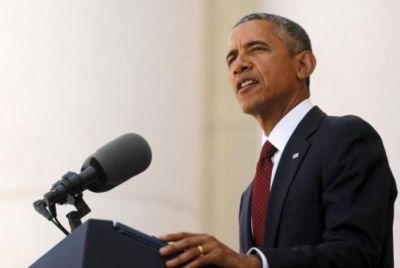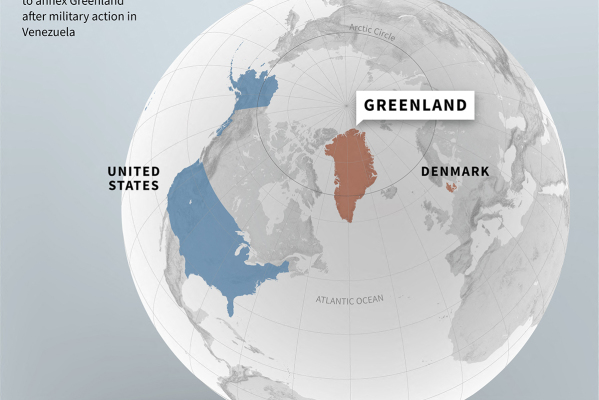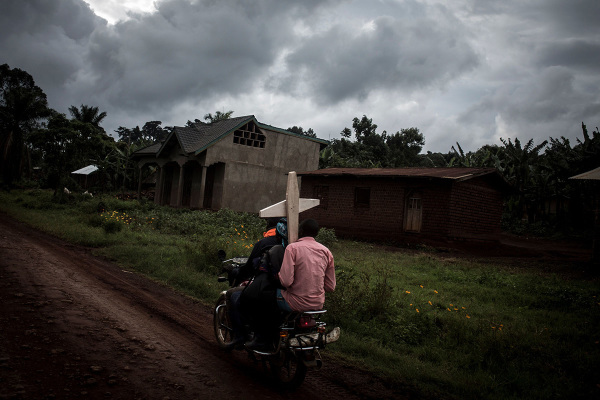Trump vs. Obama on Iran Protests: 5 Things to Know

Obama's response in 2009
Obama, who pushed heavily for the Iranian nuclear deal adopted in the last years of his second term, has been accused of staying "silent" during the 2009 protests, which called for a recount in that year's Iranian presidential election.
Thousands were arrested during the uprising, which is called the "Green Revolution," and dozens were killed.
Several conservative commentators, such as the Washington Examiner editorial board, argue that the recent uprising in Iran "throws a glaring light" on Obama's inaction and failure to take a strong stance in support of the protesters during the Green Revolution.
"Obama took taxpayers' dollars, loaded them on to pallets, and sent them to the mullahs to supplement the sanctions relief he also secured for them," a Wednesday Washington Examiner op-ed argues. "He helped buy the bullets that have killed some protesters and terrorized others."
Analysis from CNN's White House correspondent Stephen Collinson argues that Obama didn't necessarily stay silent on the Green Revolution but merely acted in a cautious manner as to not make it seem that the U.S. was meddling in an Iranian issue.
However, Obama did eventually end his "silence." In late June of 2009, Obama warned the Iranian government that the "world is watching" and called on the Iranian government to "stop all violent and unjust actions against its own people."
Additionally, on June 15, 2009, Obama provided a detailed answer when asked by a reporter about the situation in Iran, saying that it's up to the Iranians "to make decisions about who Iran's leaders will be" and added that "we respect Iranian sovereignty and want to avoid the United States being the issue inside of Iran."
"[W]ith respect to the United States and our interactions with Iran, I've always believed that as odious as I consider some of President Ahmadinejad's statements, as deep as the differences that exist between the United States and Iran on a range of core issues, that the use of tough, hard-headed diplomacy, diplomacy with no illusions about Iran and the nature of the differences between our two countries, is critical when it comes to pursuing a core set of our national security interests, specifically, making sure that we are not seeing a nuclear arms race in the Middle East triggered by Iran obtaining a nuclear weapon, making sure that Iran is not exporting terrorist activity," Obama said.
"Those are core interests not just to the United States, but, I think, to a peaceful world in general."
Although Obama's responses might have come a bit late for some Republicans, Collinson noted that many "Republican assessments not only ignore Obama's progression toward a tougher line on the protests, but also fail to take into account that less than two months after they erupted, he led the leaders of France and Britain in exposing a secret Iranian nuclear fuel plant when they met at the G20 summit in Pittsburgh."





















